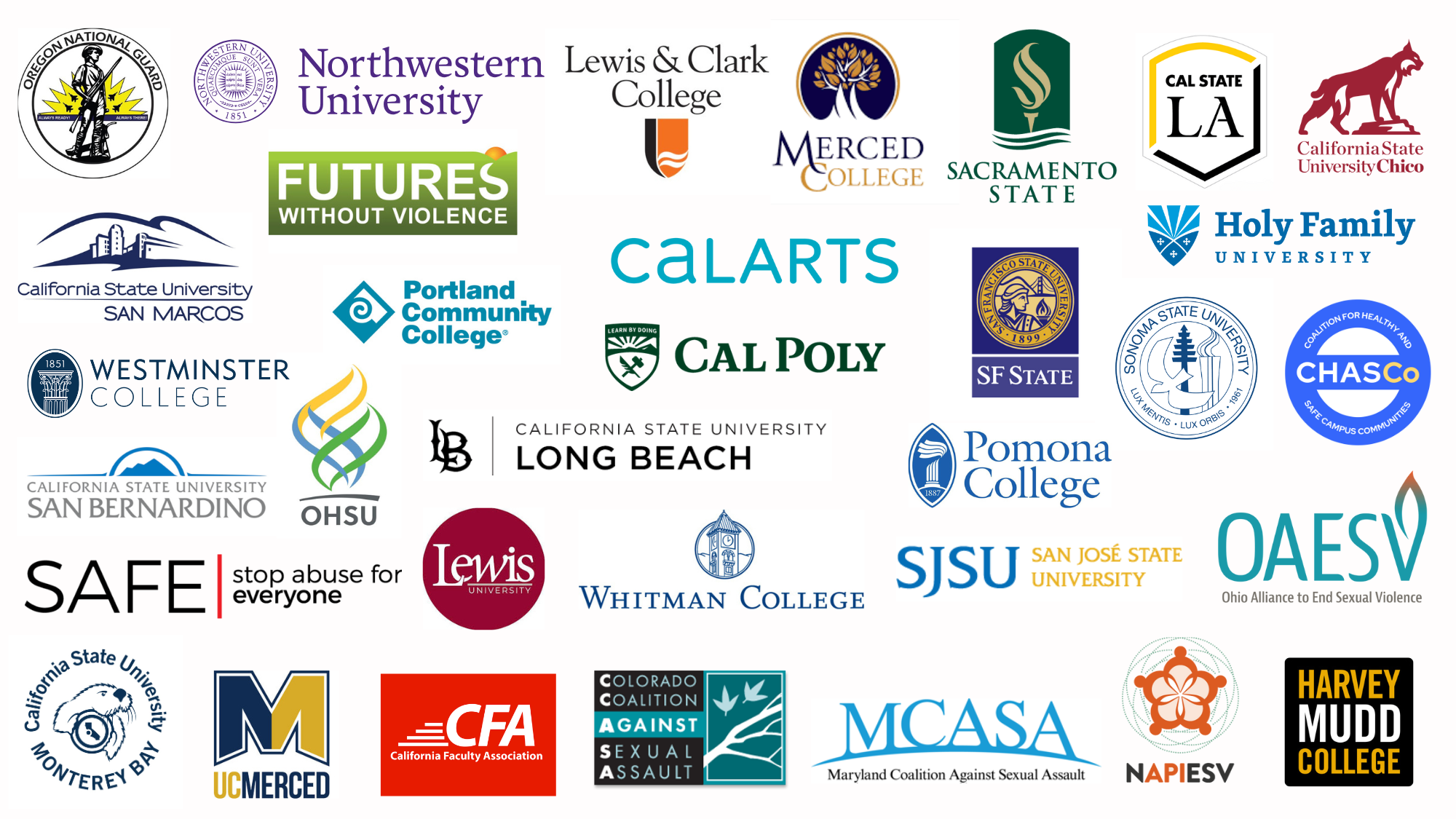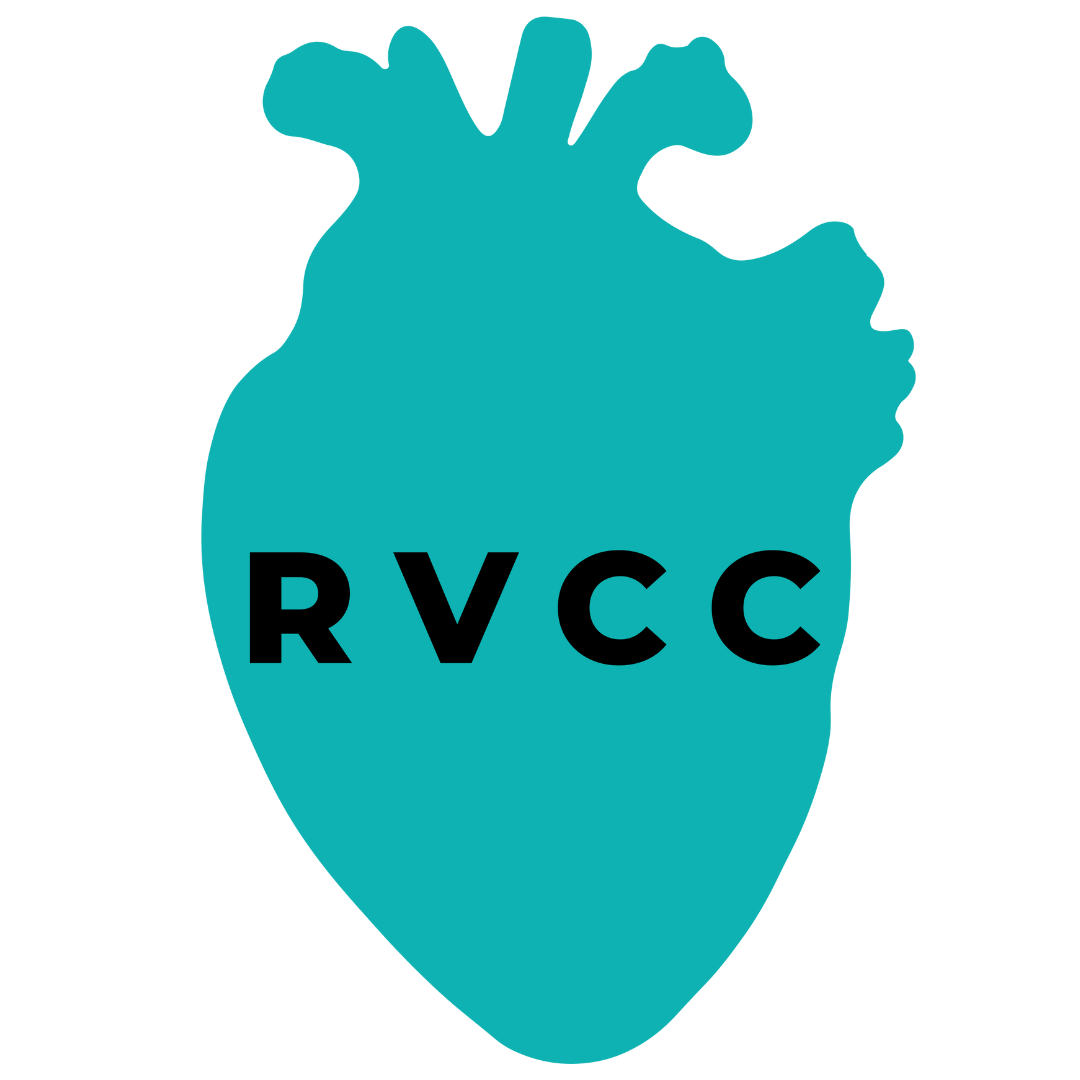
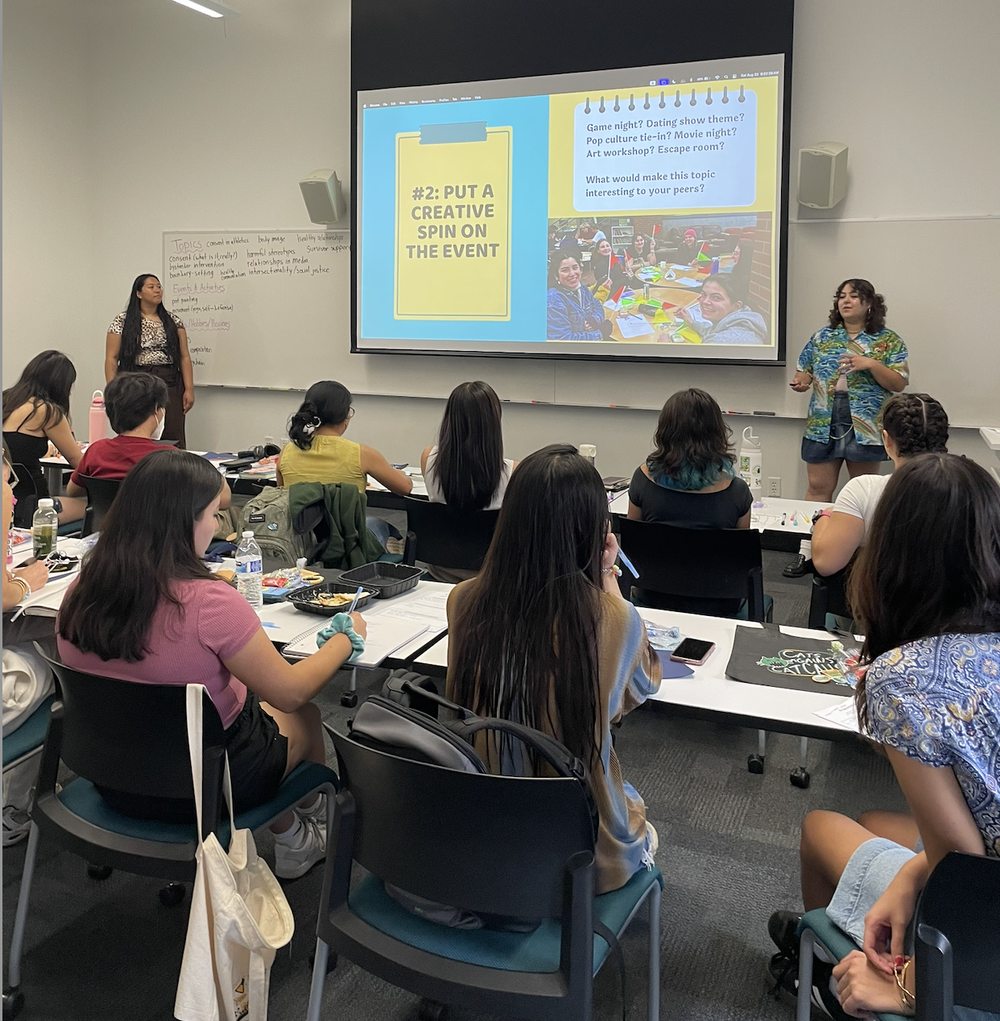

About Us
We are passionate about providing you with creative tools to motivate your community to take action around ending sexual violence. We blend creativity, storytelling and joy to move young people, both emotionally and behaviorally. Our strategies are designed to help you and your organization increase engagement, connect to people’s core values/interests, and build skills in your communities.
Think of us as your extra support team, here to make your prevention work easier.
We combine best practices from multiple disciplines, including psychology, behavioral science, social work, and critical race, gender, and sexuality studies, to offer a comprehensive and inclusive approach to prevention.
Mission: To provide sexual violence preventionists with the tools to create culture change in their communities.
We are a national sexual violence prevention organization of the Social Good Fund, a 501(c)(3) non-profit.
Our Values
-

Social Justice
We work to actively challenge systems of power, privilege and oppression, the root causes of violence. We are committed to creating a more just world.
-
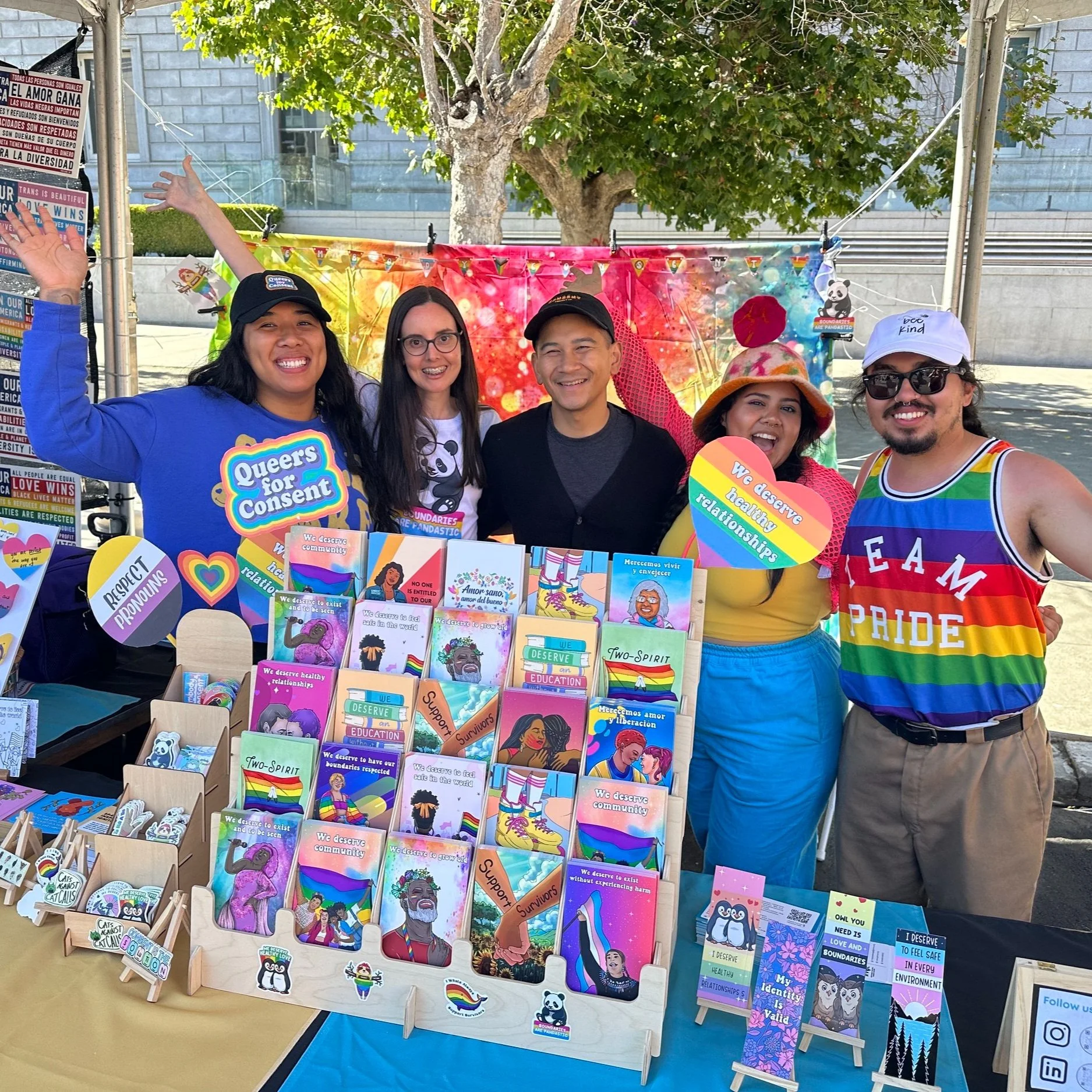
Intersectionality
Our focus is on developing materials and resources that centralize the voices and experiences of marginalized communities.
-

Survivor-Centered
We are dedicated to creating a world that listens to, believes, and supports survivors of all gender identities.
-

Meeting People Where They Are
We strive to create welcoming learning environments. In our trainings, we use every day language to connect with and engage people.
-

Empowerment of Young People
This movement is for people of all ages but we believe young people can play a powerful role in creating new norms for our future generations.
-
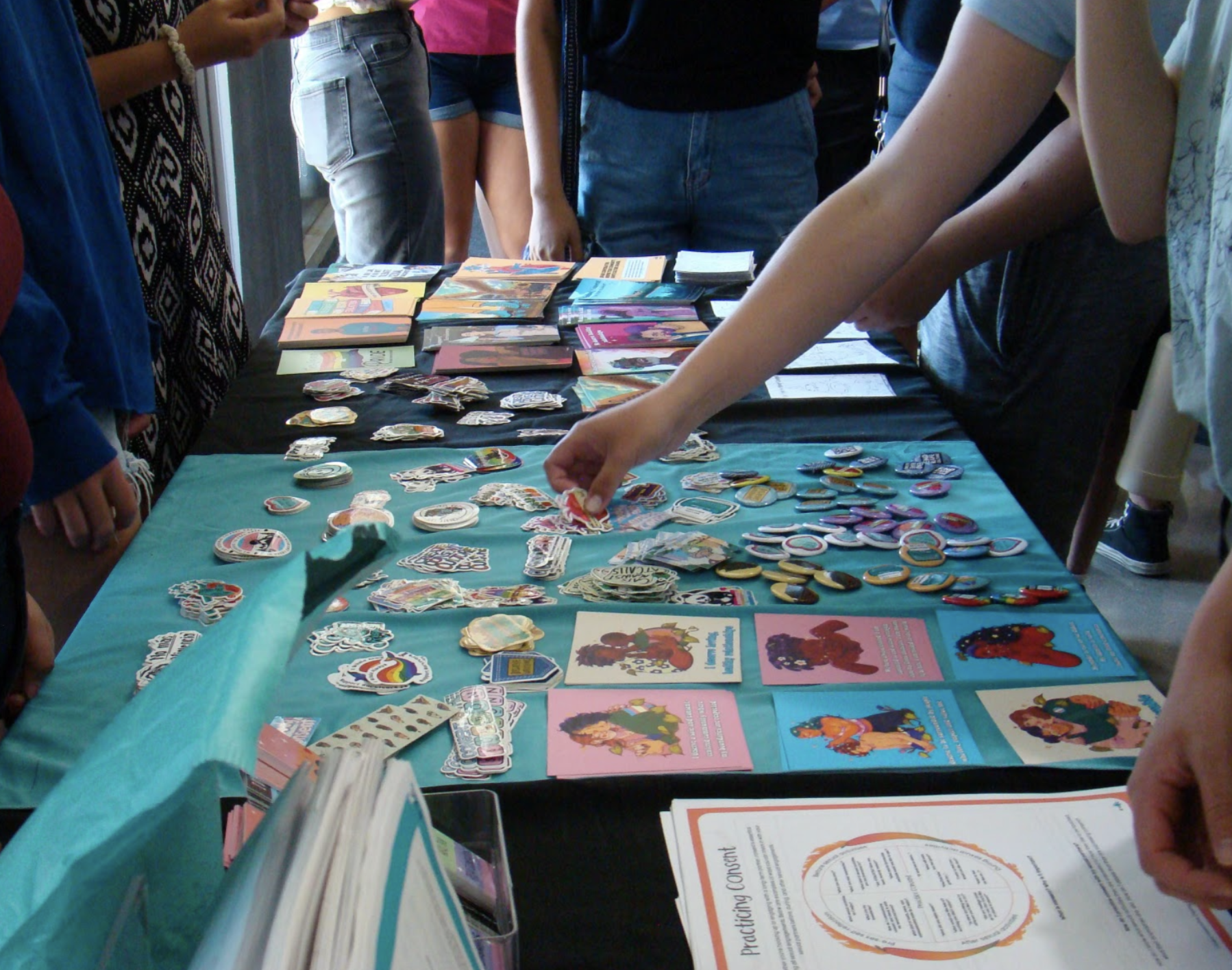
Engaging and Relatable
We listen to the issues that are important to our communities and tailor our content to reach a diversity of young people.
Our Origin Story
Our journey began in the Redwoods of Northern California. Before RVCC, our Executive Director was the sexual violence prevention coordinator at Cal Poly Humboldt for 8 years. There, in collaboration with students, she developed the CHECK IT bystander intervention and peer education program, where the rest of us first met and joined as peer educators. Our team represents multiple generations of CHECK IT leaders. Through implementing creative, engaging, and student-centered initiatives, we went from low student engagement to highly active volunteer teams and over 300-500 students attending our consent-centered parties every year. We created a common language around prevention that students actually used! Experiencing these powerful cultural shifts on campus inspired us to create RVCC, where we help organizations experiment, try new strategies, and build prevention programs that creatively engage their communities. We've seen firsthand that change is possible!
Core Theoretical Frameworks
-

Behavioral Science Principles
Our strategies are firmly rooted in the evidence-based principles of behavioral science. To create lasting culture change, we need to go beyond raising awareness. We need to implement strategies that will move our communities to action and result in meaningful behavior change. Therefore, we work with our community partners to identify strategies that will increase self-efficacy, build social support systems, and foster positive self-identification in their communities.
-

Socio-Ecological Model
An individual's life is profoundly impacted by the relationships they form, the communities they’re a part of, the institutions they interact with, the policies that shape their environment, and broader societal norms. As such, we work to equip programs with the tools to create new, positive peer, community, and institutional norms that will support culture change.
-

Spectrum of Prevention
We encourage programs to think about how they can strengthen individual knowledge and skills while also building coalitions, engaging in community education and establishing new group and institutional norms.
-

Diffusion of Innovation Theory
We work with our partners to utilize this theory to effectively launch new campus or community wide initiatives. This theory offers a valuable framework for understanding how culture change occurs and emphasizes the importance of reaching out to the early adopters/influential members of the community.
Meet the Team
-
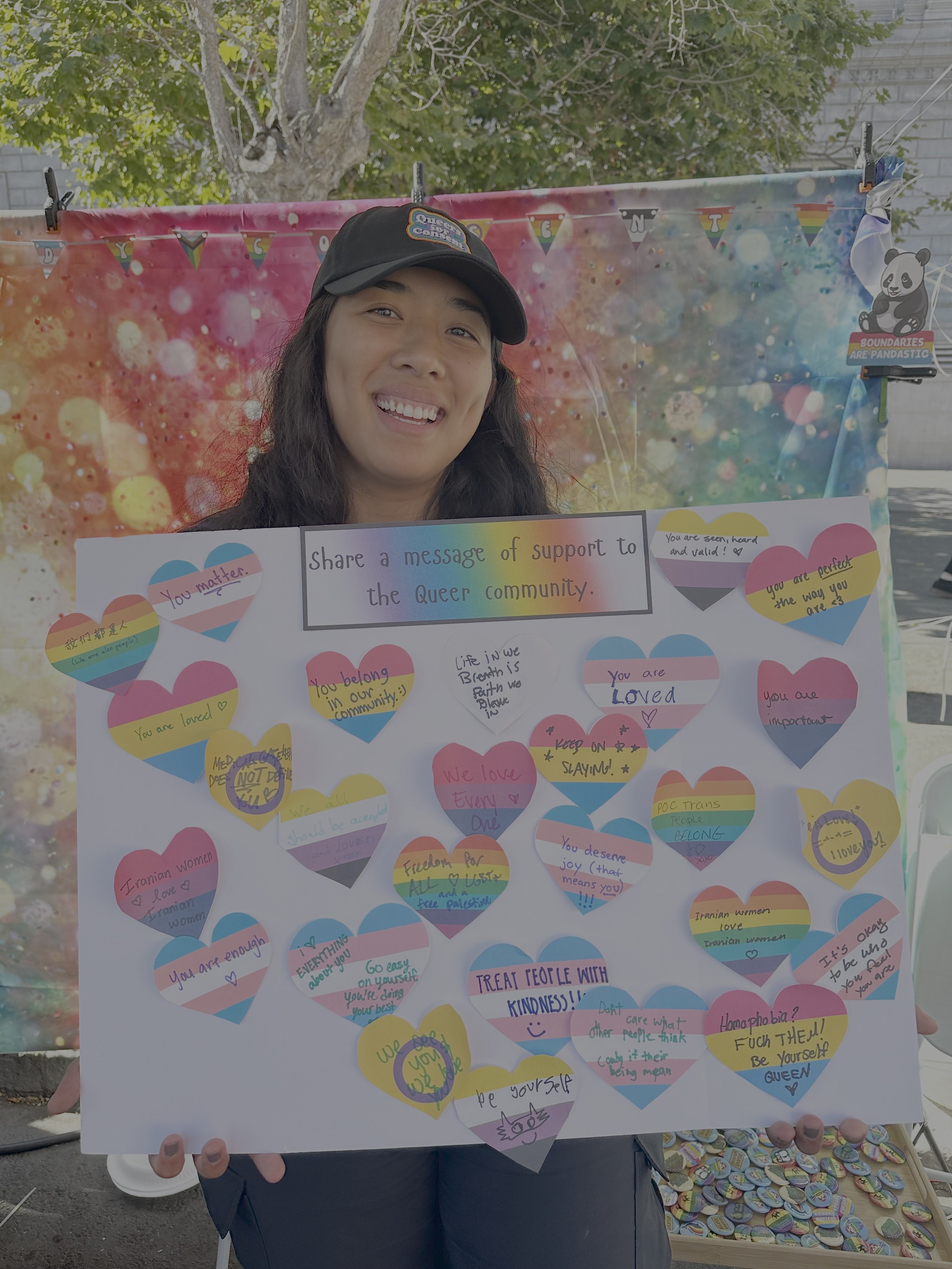
Shekinah (Skye) Peredo, They/She
DIRECTOR OF COMMUNITY ENGAGEMENT | FOUNDING MEMBER
Shekinah aka Skye is an ace first-generation Filipina-American from the ancestral lands of the Nisenan, Maidu, Miwok and Me-Wuk peoples (Sacramento, CA). They received a B.A. in Social Work at Cal Poly Humboldt where their discovery of CHECK IT, a sexual violence prevention program, led to a passionate involvement in violence prevention. Skye uses their experiences in education, child welfare and juvenile justice, mental health, and domestic violence to approach the work of RVCC in an inclusive, intersectional, and holistic way. They believe that promoting mindfulness and social-emotional learning, practicing healthy relationship and bystander intervention skills, embodying community accountability and empowerment, and dismantling dominator power structures can help create a world without violence. In their free time, Skye reads tarot, creates digital art, and writes fiction.
-

Shelley Magallanes, They/Them
ART DIRECTOR | FOUNDING MEMBER
Shelley is a nonbinary Chicanx multimedia artist born and raised in Los Angeles County, California on the Kizh and Tongva ancestral homeland. They graduated from Cal Poly Humboldt with a B.A. in Psychology. They love using their creativity and artwork to develop resources that spark curiosity and discussion. They have spearheaded the design of national, statewide and campus materials, everything from stickers, to campaign posters, to tabling toolkit materials. They believe in empowering communities to challenge violence they witness, create spaces of safety, and break down the systems reinforcing violence against BIPOC worldwide.
-

Mary Sue Savage, She/Her
EXECUTIVE DIRECTOR | FOUNDER
Mary Sue is Queer and lives in the East Bay of California. She has over a decade of experience in the sexual violence prevention field, and began her career as a campus preventionist. She designed CHECK IT, a nationally recognized bystander intervention and peer education program at Cal Poly Humboldt. She co-directed one of the first college sexual violence prevention living-learning communities in the U.S. Now, she works with colleges and community organizations nationwide, helping them strengthen their prevention initiatives to reach young people. Mary Sue has been awarded the Violence Prevention Championship Award by the CSU ATOD Conference and the Lifelong Achievement Award by the Humboldt Domestic Violence Coordinating Council. She holds an MSW and B.A. in Women’s Studies and Ethnic Studies.
-
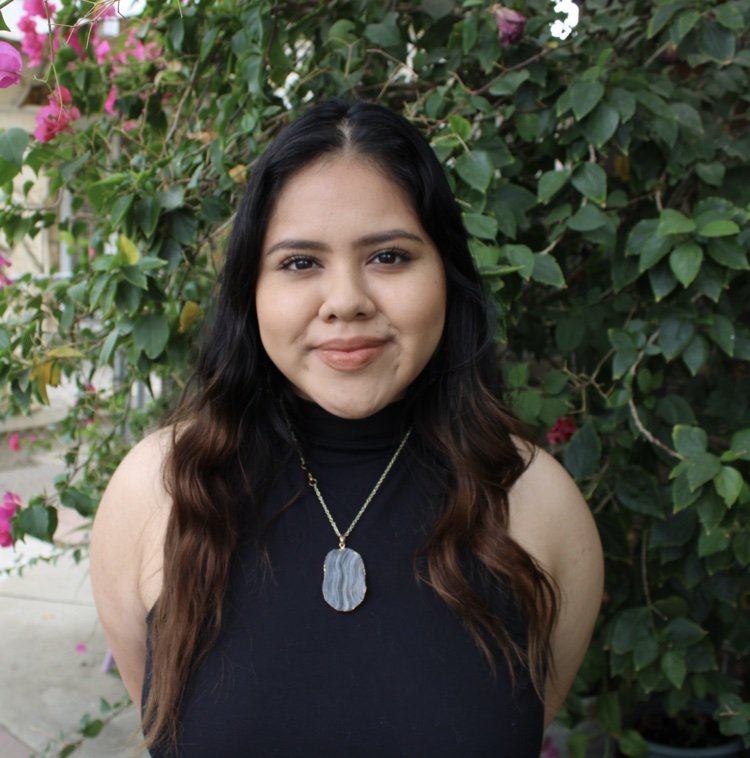
Esmy Hurtado, She/Her, They/Them
BOARD MEMBER: COMMUNITY ENGAGEMENT | FOUNDING MEMBER
Esmy is a first-generation Latinx/Chicanx individual born and raised in Bakersfield, CA. They received their bachelor’s degree in Cellular Molecular Biology from Cal Poly Humboldt and their Master’s in Social Work with an emphasis in health, equity, and wellness from Denver University. In their free time, Esmy loves to learn about spiritual healing methods as well as different ways to provide medical advocacy to POC communities. Their mission is to bring healing to those who have experienced violence and show that there is a community making cultural change.
-
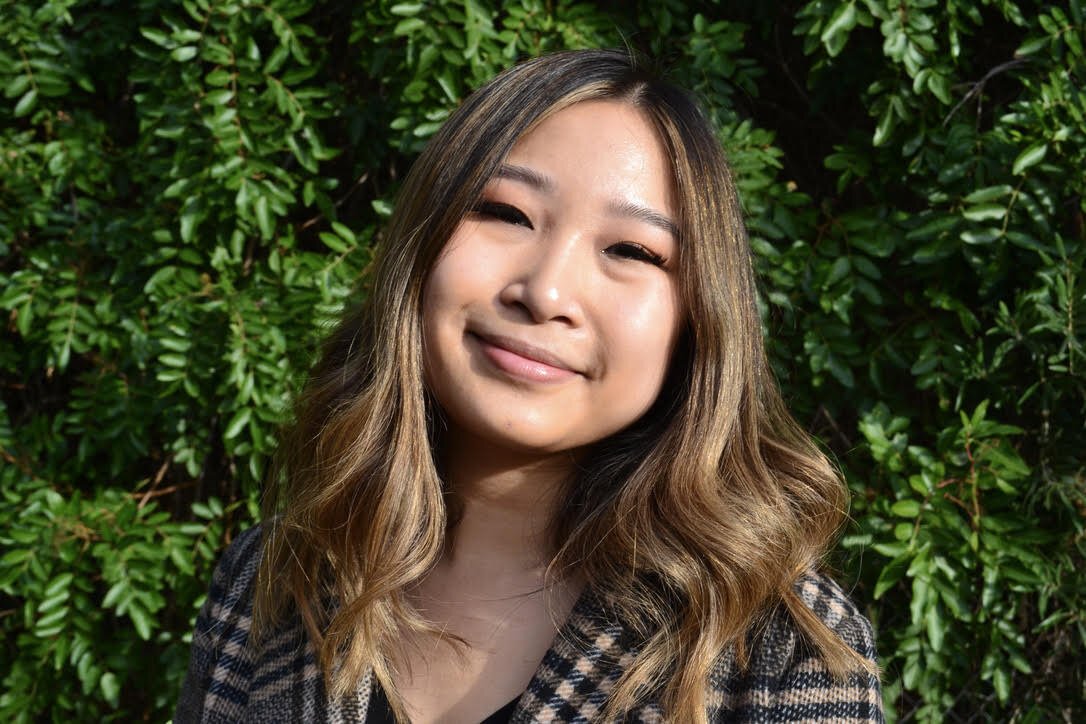
Adrienne Banh, She/Her
BOARD MEMBER: COMMUNITY SUPPORT | FOUNDING MEMBER
Adrienne (she/her) is a first-generation Southeast Asian American. She was born and raised in San Diego, located on the ancestral homeland of the Kumeyaay Nation. Growing up, her mother instilled a value that became the hallmark of her ambition, and that is to uplift and support people from all walks of life. Adrienne received her Master of Arts from the University of San Diego’s Clinical Mental Health Counseling Program. At her core, she values challenging systemic violence, specifically racist policies, as she cares about creating a culture rooted in inclusivity, consent, and radical love. Currently, she is an Associate Professional Clinical Counselor (APCC) providing psychotherapy for marginalized communities.
-

Tatiana Lewis, She/Her
BOARD MEMBER: DATA & EVALUATION | FOUNDING MEMBER
Tatiana grew up in a small desert town in Southern California and has a large and diverse family. Her family values community. She is a crafter and an engineer who thrives on making things and tackling tough problems. Tatiana believes compassion should permeate all we do and our relationships with others are the most meaningful things we create. She is committed to impacting lasting positive change and encouraging those who want to learn more about the movement and help their communities. She currently works as a Physical Scientist and holds a Bachelor’s Degree in Environmental Resources Engineering .
-
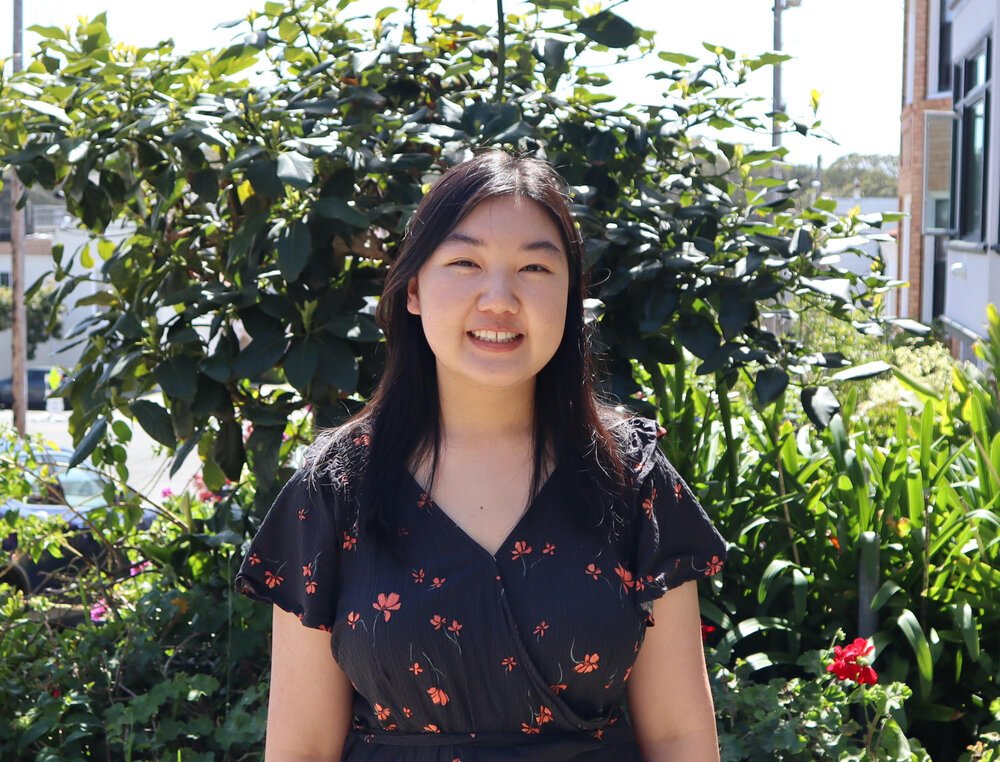
Emily Mo, She/Her
BOARD MEMBER: DIGITAL ILLUSTRATION | FOUNDING MEMBER
Emily is a Chinese American and grew up in San Francisco, CA. She has a variety of interests and tends to dive deep into those interests by way of research and practice. Because of this she tries things in order to come to her own conclusions. She readily pivots into a different direction if something isn’t working and is creative when problem solving. She is committed to a career path that ultimately helps people. She received a Bachelor’s of Science in Biology (Ecology concentration) from Cal Poly Humboldt, and enjoys interdisciplinary subjects.
-

Giselle Salazar, She/Her
BOARD MEMBER: RESOURCE DEVELOPMENT
Giselle is a Chicanx/Latinx queer individual who was born and raised in North East Los Angeles. She earned her B.A in Critical Race, Gender, and Sexuality studies from Cal Poly Humboldt. At Humboldt, she joined the bystander intervention program, CHECK IT. Working at CHECK IT helped spark her passion to end sexual violence and she is eager to continue her work at RVCC. A few of her other passions include restorative justice and prison abolition. In her free time she enjoys spending time with her community, having conversations about astrology, reading, journaling and watching sunsets.
-

Fia Effa, They/Them
BOARD MEMBER: RESOURCE DEVELOPMENT
Fia is a Queer individual born and raised in Northern California. They received their B.A. in Psychology and M.A. in Counseling Psychology. During their time as an undergrad and graduate student at Cal Poly Humboldt, they worked with CHECK IT for four years, where they found a passion for advocating for survivors and highlighting the intersections that exist between violence and systemic oppression. Fia is currently an Associate Marriage and Family Therapist working with Queer clients in Humboldt County and lives in the unceded homeland of the Wiyot people. Their goal in the therapeutic space as well in their advocacy is to empower and uplift folx, and to center their voices and stories.
Who have we worked with?
